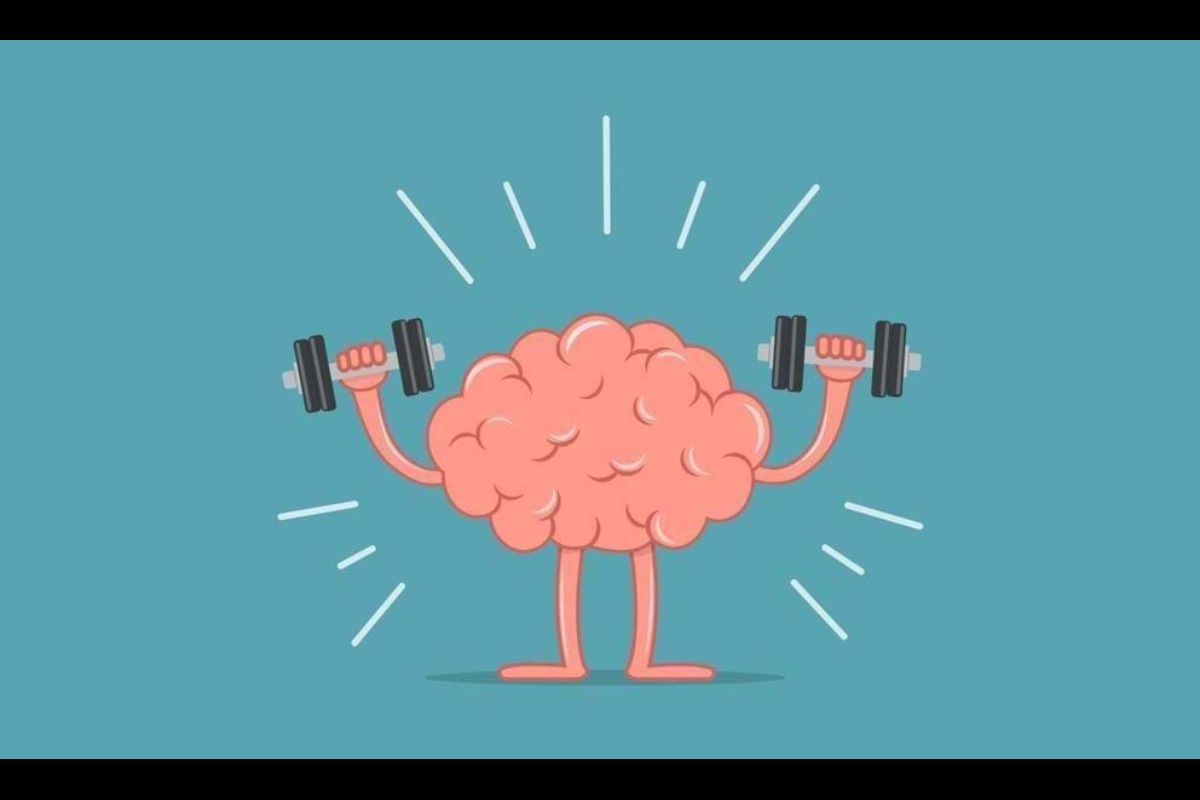Daily movement isn’t just a luxury. It’s vital for overall physical and mental health. While relaxing on the couch and scrolling through Instagram or TikTok is easier than putting on your sneakers and taking a walk, the benefits of movement are significant. Here are three reasons why movement matters and how physical activity helps with mental health.
-
Table of Contents
Reduces Stress
Stress plays a major role in a person’s well-being. An impending deadline, a contentious email from a coworker, a family conflict, and a never-ending to-do list can easily cause stress. While some stress can actually be beneficial for the body, chronic stress can be debilitating. A bit of stress can improve resilience and boost performance, leading to increased motivation and even energy levels. However, chronic stress can be life-altering, causing insomnia, fatigue, a weakened immune system, gastrointestinal issues, and more.
Movement can reduce stress in many ways. When we move, we’re altering our brain’s chemistry. Endorphins — also known as the ‘feel-good chemicals’ — are increased, promoting feelings of well-being and pleasure. More blood flow goes to the brain during exercise as well, which improves cognitive function, focus, and clarity.
Physical fitness also releases tension throughout the body. You may feel like your shoulders are dropping during a yoga practice or you’re able to release the pressure in your chest during a nature walk. Not to mention, exercising can also be a distraction, meaning that you’re not so focused on your coworker’s intense email or worrying about what you’re going to serve the family for dinner.
-
Provides Opportunities for Connection
Humans are inherently social beings. Connections create a sense of being valued and loved. In contrast, spending hours alone cooped up in your room can trigger feelings of isolation and loneliness. These feelings often lead to depression, anxiety, sadness, and hopelessness. These feelings may require professional help, such as outpatient or residential care from one of the many depression treatment centers in Utah.
Exercise and movement are ways to connect with others on a personal level. Asking a friend if they want to try out the new workout studio in your neighborhood is a way to strengthen relationships. It’s also a way to hold yourself accountable if you promise to meet your friend at the studio.
Even if you do go to the studio or gym alone, you’re around other humans. You can spark up a conversation with someone in the locker room or say hello to the person at the front desk. These micro connections may seem small, but they can lead to increased feelings of happiness. If you’re craving connection but don’t have a gym buddy yet, simply call a friend or family member on a walk. You may find that the conversation flows more easily or that you’re able to share your feelings more freely while getting your steps in.
Another way to build connection and community is by joining a team sport. If your office assembles a softball or kickball team, sign up. Or maybe you seek out a tennis instructor who provides group playing opportunities. These types of committed movement activities build a sense of trust and camaraderie in a supportive environment. You’ll get your movement in and meet some new friends as well!
-
Boosts Self-Esteem
Having a good sense of self-esteem is important in many ways. First, it helps you navigate life’s highs and lows. You feel like you can bounce back from whatever roadbump or hurdle comes your way. Second, it increases your motivation to set your eyes on big goals, pushing you to continue to reach these dreams and aspirations. And third, good self-esteem can improve your overall outlook on life, thinking of the glass as half-full rather than half-empty.
No matter where your self-esteem is currently, movement can be a way to improve it. There’s a reason why they call it a “runner’s high.” After a run, it’s common for an individual to feel as if they’re floating on air. Again, some of this is because of the feel-good hormones that are released, but another component is that feeling of accomplishing something challenging. The same goes for getting a PR during a strength training session. Knowing that your body just tackled a daunting task can improve your mood and increase your confidence levels, too.
A tough workout also builds mental resilience. It’s all too easy to make an excuse not to move. Maybe you’re tired and didn’t sleep well because you stayed up too late binging a Netflix show. Or maybe the weather isn’t ideal, so that walk in the park that you planned for yesterday isn’t as compelling today. Whatever the excuse, getting to the gym, heading outside, or putting on an at-home workout app takes strength. You’re prioritizing your needs and how you want to feel. This commitment to yourself can lead to a more positive outlook and better self-image.
Tips and Takeaways
If you feel daunted by the idea of exercise, take it slow. Don’t overcommit yourself to working out five days a week if you’re new to exercising. Instead, find an activity that you think you’ll enjoy and stick with it. Maybe it’s picking up a tennis racquet again after taking years off, or maybe it’s finally going to the intro class at the neighborhood yoga studio. No matter what you choose, know that both your body and mind will thank you.

